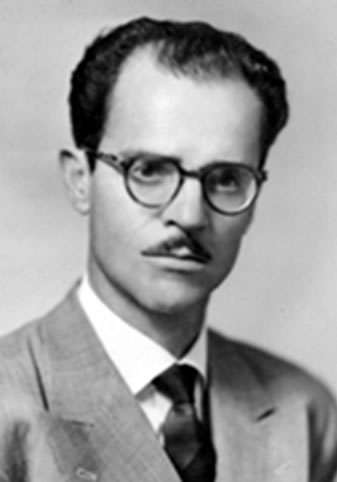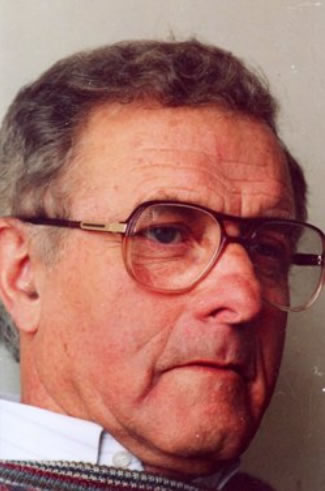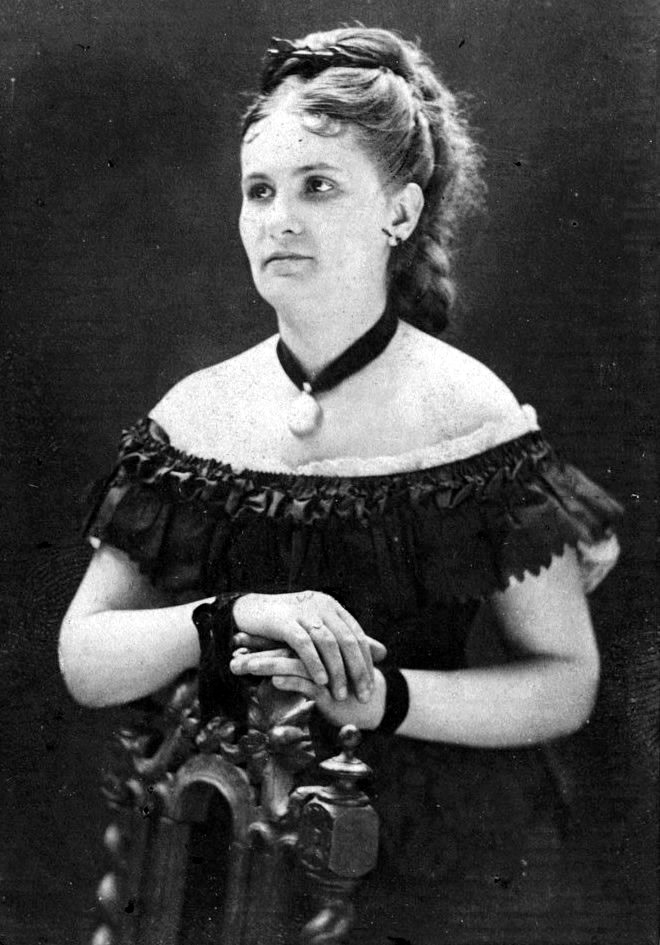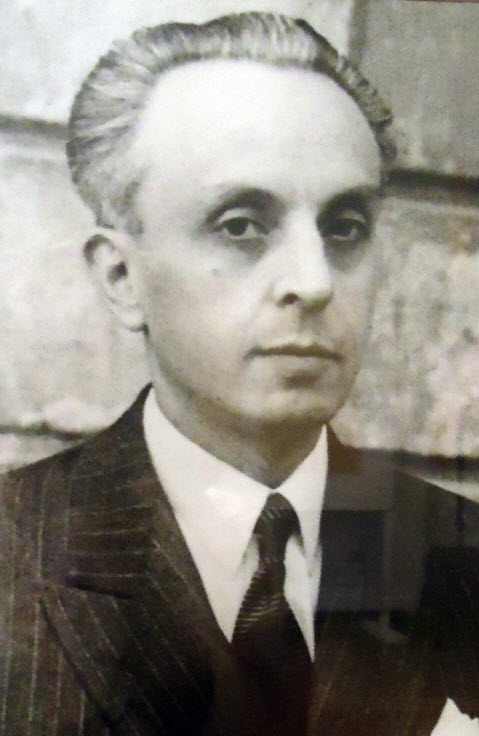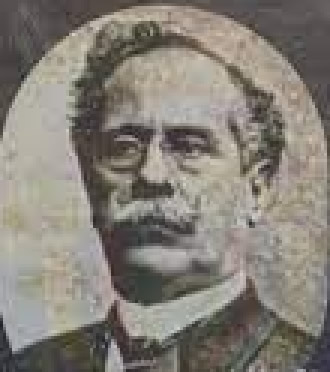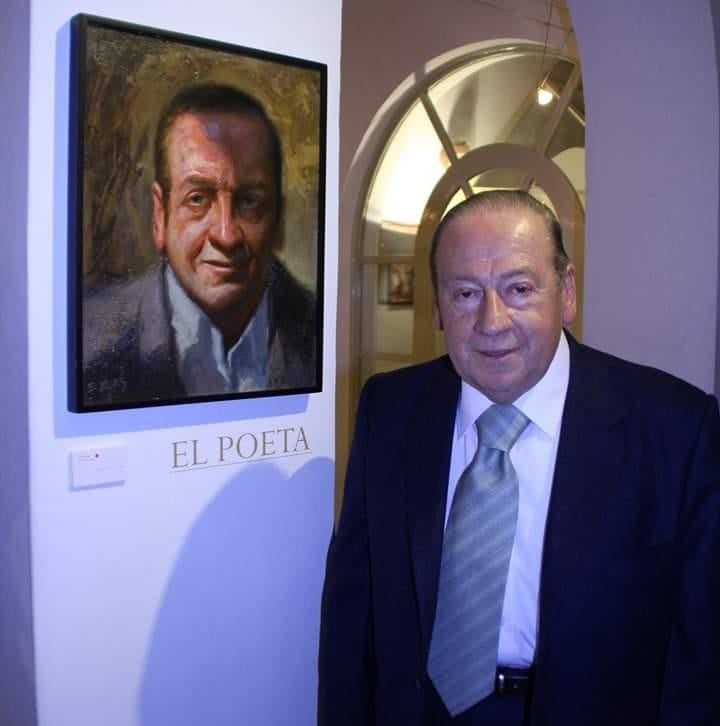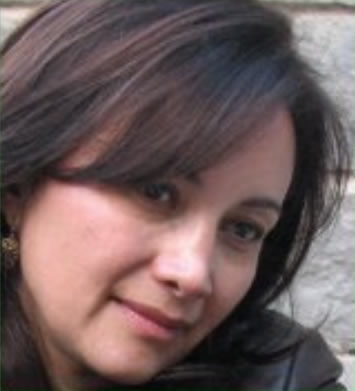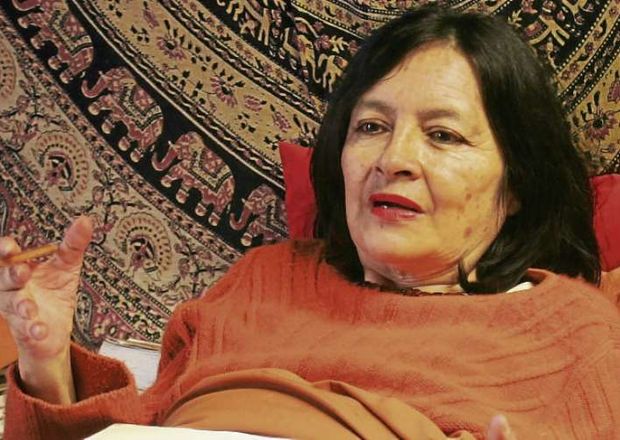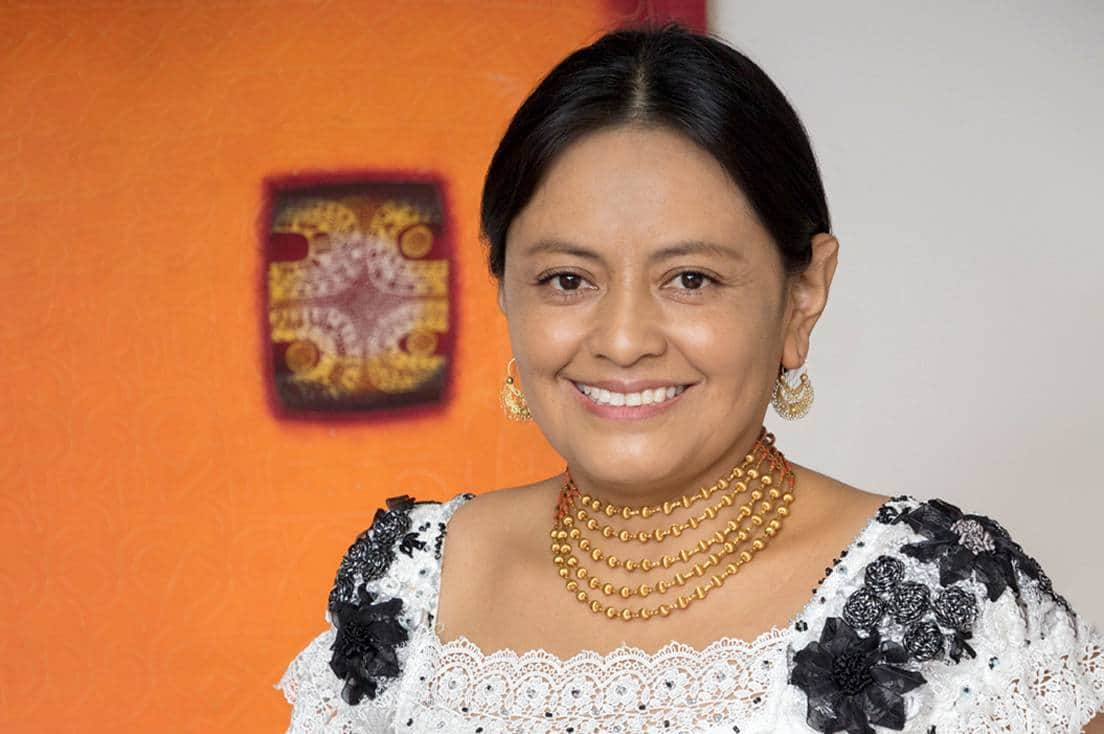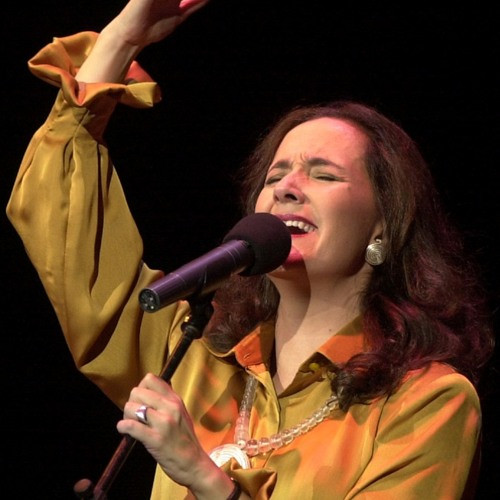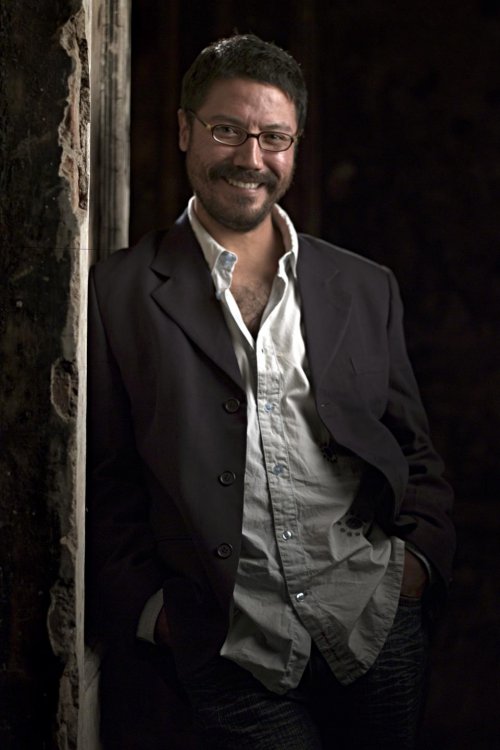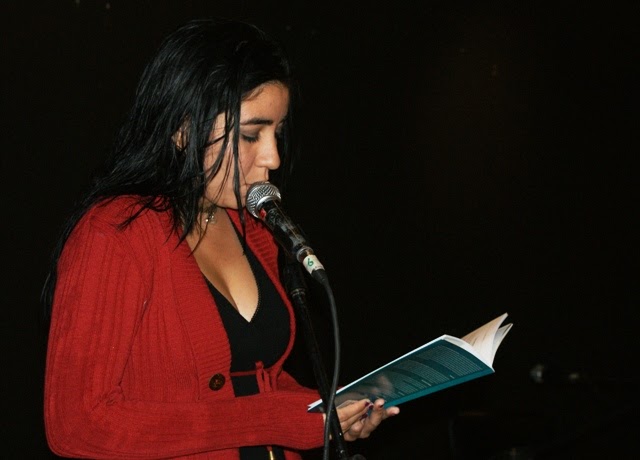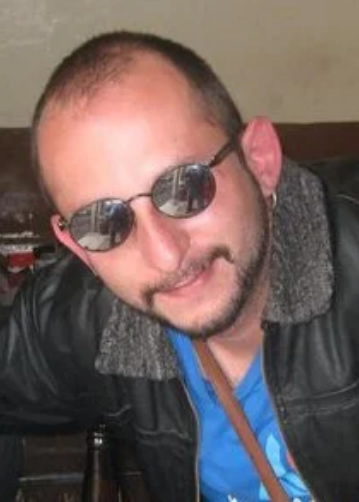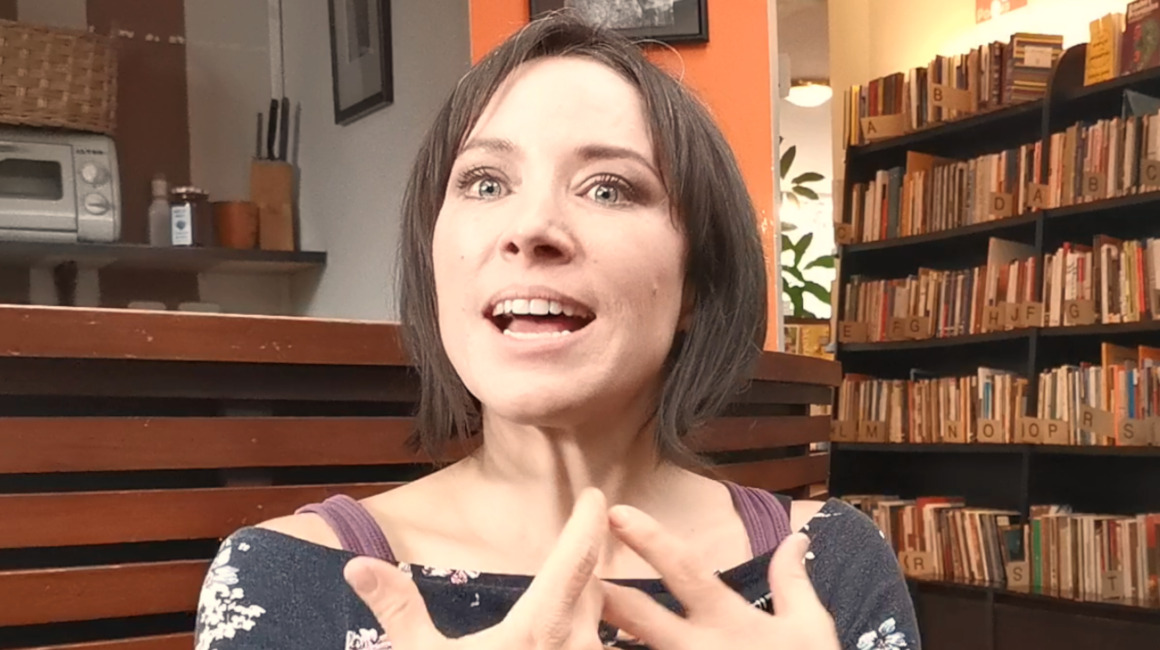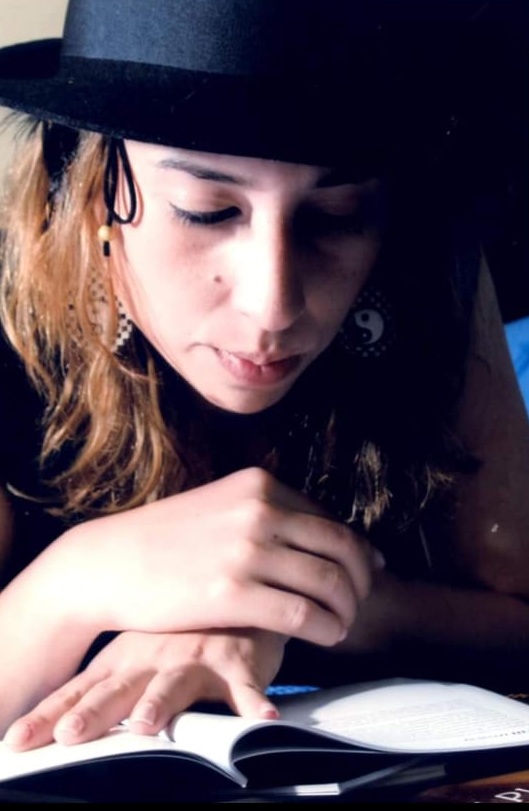Rodrigo Pachano Lalama (Ambato, August 7, 1910 – June 20, 1984) was an Ecuadorian lawyer, writer, poet, journalist, historian, researcher, and teacher. He was elected mayor of Ambato in 1955 for a period of 2 years. He authored Tungurahua’s Hymn, several poetry books, and essays, including one about Juan Montalvo. Throughout his life, he received numerous decorations and distinctions. In one of his books, the Spanish writer and Nobel Prize winner Camilo José Cela recalls meeting the “poet Rodrigo Pachano” during a visit to Ambato in 1954. He founded the Tungurahua chapter of the House of Ecuadorian Culture with other Ambato intellectuals such as Edmundo Martínez, Jorge Isaac Robayo, Rodrigo Vela, Blanca Martínez de Tinajero, and Gerardo Nicola. He was the organization’s president for several years.
Continue reading “Rodrigo Pachano Lalama”Category: Poets
Mario Cobo Barona
Mario Cobo Barona (Ambato, September 10, 1930 – Ambato, April 16, 2007) was an Ecuadorian poet, playwright, essayist, and educator. He wrote over 30 books in different genres. The Ecuadorian House of Culture published an anthology containing the majority of his poetic works. He held various posts in Ecuador in the field of education, such as Vice Minister of Public Education, Provincial Director of Education of Tungurahua, and Rector of the Rumiñahui National School, to name a few. He received several accolades and recognitions for his work as an educator. On July 31, 1997, he became a corresponding member of the House of Ecuadorian Culture. On January 17, 2002, he was honored with full membership into the academy.
Continue reading “Mario Cobo Barona”Dolores Sucre
Dolores Sucre y Lavayen (Guayaquil, November 1837 – Guayaquil, June 5, 1917) was a writer, poet, and a descendant of South American independence leader Antonio José de Sucre (1795-1830). In 1883, she recited her poems at the Centenary of the Liberator’s Birth and the inauguration of the statues of Simón Bolívar and Vicente Rocafuerte. On December 9, 1905, Ms. María Sánchez Urbina presented her with the Golden Lyre at the Olmedo Theater in Guayaquil, and the poet Numa Pompilio Llona dedicated a sonnet to her entitled “A Dolores Sucre,” to which Dolores modestly recited her poem “Mi Gratitud.” Her prolific literary work was published in Ecuador’s main newspapers and magazines, and she was admired in Peru by literary personalities such as Ricardo Palma, Carlos G. Amézaga, Teobaldo Corpancho, and Clorinda Mattos de Turner.
Continue reading “Dolores Sucre”José Rumazo González
José Rumazo González (Latacunga, August 28, 1904 – February 26, 1995) was an Ecuadorian writer, philosopher, historian, and poet. He is the author of the celebrated poem “Parusia,” an epic poem that he began writing in 1956 that spans 5,600 pages in 7 volumes. It is one of the longest epic poems in recorded history, with nearly 220,000 verses. It is longer than the Mahabharata by Vyasa, the Ramayana by Valmiki, the Iliad and Odyssey by Homer, and the Aeneid by Virgil. He served as Ecuador’s ambassador to Honduras, Argentina, Uruguay, and Panama, in addition to serving as consul in Seville, Cadiz, Lisbon, and Barcelona. He taught History and Castilian at the Eloy Alfaro Military School, and History and Superior Grammar at the Catholic University of Quito. He was a member of the Ecuadorian Academy of Language, the Ecuadorian Academy of History, the Academies of History of Bogota and Madrid, the Ecuadorian House of Culture, the Bolivarian Society, and other organizations and institutions. From 1975 to 1984, he was the director of the Ecuadorian Academy of Language.
Continue reading “José Rumazo González”Francisco Martínez Aguirre
Dr. Francisco Martínez Aguirre (Baba, Ecuador, January 6, 1850 – February 8th 1917) was an Ecuadorian physician, medical professor, statesman, journalist, publisher, editor, caricaturist, and poet. He received his medical degree from the University of Pennsylvania in the United States in 1871, at the age of 21. During his time in the United States, he also became a Freemason. He held several high-level political positions in Ecuador’s government as well as high-level academic positions in Ecuadorian medical schools throughout his life. He worked as a professor at the Medical School of the Central University of Ecuador from 1878 until 1910. From 1898 and 1907 he served as Dean of the Faculty of Medicine of the University of Guayaquil. On November 7, 1885, he founded the satirical weekly “El Perico,” which called attention to issues of the time through poetry, political cartoons, and humor. The newspaper, whose motto was “Each bird cuts his own quill and proceeds,” quickly became popular, perhaps more so than any other newspaper had before. In 1886, for his role as the publisher/editor of “El Perico,” he was arrested and exiled to Peru. In his later years he became a close collaborator of President Eloy Alfaro. In the two critical years preceding President Eloy Alfaro’s murder (1910 and 1911) he was one of five ministers in Eloy Alfaro’s Cabinet, serving as Minister of Defense. After Eloy Alfaro’s murder, he went into voluntary exile in Chile from 1912-1915.
Continue reading “Francisco Martínez Aguirre”Eduardo Villacís
Eduardo Villacís Meythaler (Quito, August 3, 1932 – Quito, May 19, 2013) was an Ecuadorian cardiologist and poet. From 1967 to 2011, he worked for the Andrade Marín Hospital in Quito, first as Head of the hemodynamics laboratory and later as head of cardiology. He was a member of the Ecuadorian Academy of Medicine, and had more than 30 scientific papers published. In 2008, Ecuador’s President awarded him the Eugenio Espejo Prize for his scientific work. As a poet, he published three collections, typically at a gap of decades. His selected poems were collected in the book, “Ajuar de cal,” which was illustrated by his son Eduardo Villacís Pástor and prefaced by the poet Jorge Enrique Adoum. He was a member of the “Grupo Umbral,” one of the most important literary groups in Ecuador, which was founded in 1952.
Continue reading “Eduardo Villacís “Desirée Marín Sevilla
Desirée Marín Sevilla (Quito, 1966) is an Ecuadorian poet. Her poetry collection “Almohada sin huella” won the prestigious Jorge Carrera Andrade Prize in Quito in 2010.
Continue reading “Desirée Marín Sevilla”Sheyla Bravo
Sheyla Bravo Velásquez (Quito, 1953 – Quito, June 10, 2011) was a writer, plastic artist, and cultural promoter. In 2009, her complete works “Obra poética completa 1968-2008″ won the prestigious Jorge Carrera Andrade Poetry Prize. She was also the editor of an anthology of erotic poems by 110 Ecuadorian women from 2 centuries entitled, “La voz de eros.” A poem of hers was included in the anthology, “Volcanic Reflections: A Bilingual Anthology of Contemporary Ecuadorian Poetry.”
Continue reading “Sheyla Bravo”Yana Lema
Yana Lema, full name Yana Lucila Lema Otavalo (Peguche, Otavalo canton, Ecuador, 1974) is an Ecuadorian journalist, writer, poet, translator, cultural promoter, and college professor. She writes in Spanish and Quechua. For more than seven years, she worked as a presenter on the RTS Kichwapi newscast and later on Ecuador TV’s Willaykuna newscast. In 2016, she published her story “Chaska” in Quechua and Spanish, and in 2019, her collection of poems “Tamyawan Shamukupani.” Lema has participated in fairs and literary festivals in Quito, La Paz, Havana, Guadalajara, Guayaquil, Medellín, Bogotá, Mexico, and Genoa. In 2021, her poetry book “Tengo hambre de tu boca” won the Jorge Carrera Andrade Prize. She resides in Guayaquil and serves as a professor at the University of the Arts, where she teaches Oral and Latin American Literature.
Continue reading “Yana Lema”Margarita Laso
Margarita Laso (Quito, July 20. 1963) is an Ecuadorian writer, editor, singer, and music producer. She has dedicated herself to the interpretation of songs based on traditional and regional genres of Ecuador, she has recorded pasillos, boleros, tangos, Christmas songs, and traditional Ecuadorian music. She has produced over 12 records and has authored several poetry books. In 1997, her poetry book, “El trazo de las cobras” won the Jorge Carrera Andrade Prize. She has worked as a columnist for the newspaper Hoy.
Continue reading “Margarita Laso”Edwin Madrid
Edwin Madrid (Quito, 1961) is an Ecuadorian poet, essayist, and editor known for his impressive body of work comprising 14 poetry books. Arising from the influential literary workshops led by Miguel Donoso Pareja in the 1980s, Madrid has emerged as one of the most notable poets of his generation. Currently serving as the director of the writing workshops at the House of Ecuadorian Culture, he plays a pivotal role in mentoring and nurturing the next generation of poets in Ecuador. Madrid’s deep involvement in the poetry community extends to organizing gatherings, recitals, and even running a publishing house. His poetic prowess has earned him recognition and awards both within Ecuador and internationally. With translations of his work available in multiple languages, including English, Portuguese, German, French, Arabic, and Italian, Madrid’s poetic voice has resonated with readers around the globe.
Continue reading “Edwin Madrid”Yuliana Marcillo
Yuliana Marcillo Mirabá (Chone, 1987) is an Ecuadorian poet, writer, journalist, and editor. She worked as a journalist and co-editor of the Manabí newspaper La Marea, as well as an editor at the House of Ecuadorian Culture in Quito. Her poems have appeared in newspapers, magazines, and anthologies. She’s a former member of the literary workshop Soledumbre, directed by the poet Pedro Gil at the Civil University Eloy Alfaro of Manabí. Marcillo’s first poetry collection, “No debería haber mujeres buenas,” was published in 2010.
Continue reading “Yuliana Marcillo”Fernando Escobar Páez
Fernando Escobar Páez (Quito, 1982) is an Ecuadorian writer, poet and journalist. His first book, “Los ganadores y yo,” was a poetry collection published in 2006. His second book, “Miss O´gginia,” was a book of short stories which won several awards and was published in six countries, including Spain, Argentina and Chile. He has also published the poetry collections, “Escúpeme en la verga” (2013) and “Tu retorno con aliento a biberón, peluche y verga ajena” (2018). His work has been published in over twenty anthologies of poetry and journalistic chronicles, both in Ecuador and abroad. Some of his work has been translated into several languages, including English, German, Portuguese, Russian, and French.
Continue reading “Fernando Escobar Páez”Marialuz Albuja Bayas
Marialuz Albuja Bayas (Quito, 1972) is an Ecuadorian poet, writer, translator, and university professor. She is the author of several poetry collections, including “Las naranjas y el mar,” “Llevo de la luna un rayo,” “Paisaje de sal,” and “La pendiente imposible,” which received numerous awards and was published by Ecuador’s Ministry of Culture, as well as “Detrás de la brisa,” which received honorable mention at the César Dávila Andrade Award. She has also written two novels: “En caso emergencia (no) rompa el vidrio”and “Maura.” In 2017 and 2019 respectively, both books received the Darío Guevara Mayorga Award for best published novel. Some of her work has been translated into English, Portuguese, French, Italian and Arabic, and has appeared in anthologies and publications throughout Latin America and Europe. She has worked as a professor at the Universidad de Los Hemisferios (University of the Hemispheres) in Quito.
Continue reading “Marialuz Albuja Bayas”Dina Bellrham
Dina Bellrham, pseudonym of Edelina Beltrán Ramos, (Milagro, July 6, 1984 – Guayaquil , October 27, 2011) was an Ecuadorian poet. Recognized for having received the First Mention in the I Ileana Espinel Cedeño Poetry Contest, in 2008, by the House of Ecuadorian Culture in Guayas. She attended medical school at the University of Guayaquil and was part of the poetic group Buseta de Papel. The Guayaquilean writer Miguel Antonio Chávez said about her: “She mixed physiological and pharmacological terms in her poetry with the universe of loneliness, suffering and death, but with a special brilliance.” In her lifetime she published two books, “Con plexo de culpa” (2008) and “La mujer de helio” (2011). Her two other books “Je suis malade” (2012) and “Libro inédita Bellrham” (2013) were published posthumously. She died at the age of 27 from a possible overdose. Some of her poems have been translated into Italian and English.
Continue reading “Dina Bellrham”
